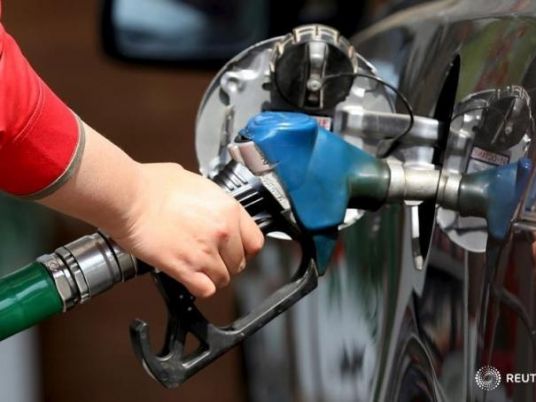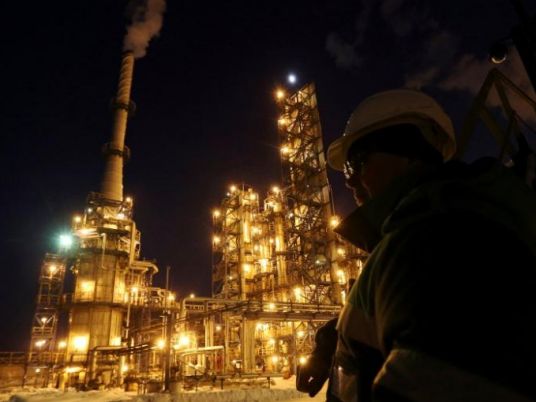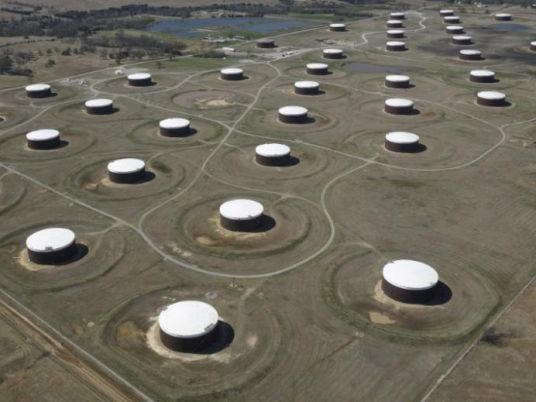
Oil fell around 2 percent on Monday after Iran dashed hopes that there would be a coordinated production freeze any time soon, returning bearish sentiment to the market over a supply glut that has sent prices crashing.
Global benchmark Brent crude futures fell back below US$40 a barrel, trading at $39.69 at 0903 GMT, down 70 cents on Friday's close. Brent hit a 12-year low of $27.10 in January.
US crude was down 79 cents at $37.71 a barrel.
"Oil is down because Iran said they would only join the output freeze group once they reached production of 4 million barrels a day (bpd)," said Tamas Varga, oil analyst at London brokerage PVM Oil Associates.
Iran's oil exports are due to reach 2 million bpd in the Iranian month that ends on March 19, up from 1.75 million in the previous month, Iran's oil minister Bijan Zanganeh said on Sunday.
Zanganeh poured cold water over hopes for a quick deal on freezing production, saying the OPEC member would join discussions only once its own output reached 4 million bpd. Zanganeh is to meet his Russian counterpart Alexander Novak in Tehran on Monday, according to news agency reports.
Saudi Arabia appeared to have stuck to a preliminary deal with some other producers to freeze output as its crude production held steady in February at 10.22 million bpd, an industry source told Reuters.
Worries about demand fundamentals also moved back into the spotlight as investment bank Morgan Stanley warned that a slowing global economy and high production would prevent any sharp rises in oil prices.
"Oil prices now seem to have bottomed, even though they are likely to stay subdued for the rest of this year before starting to move higher in 2017," the US bank said in a research note, adding that cheap oil had not provided the boost to growth that many had hoped for.
"When oil prices are falling below production costs, the income gains for consumers will be smaller than the costs to producers, and falling oil prices become a negative-sum game," it said.




